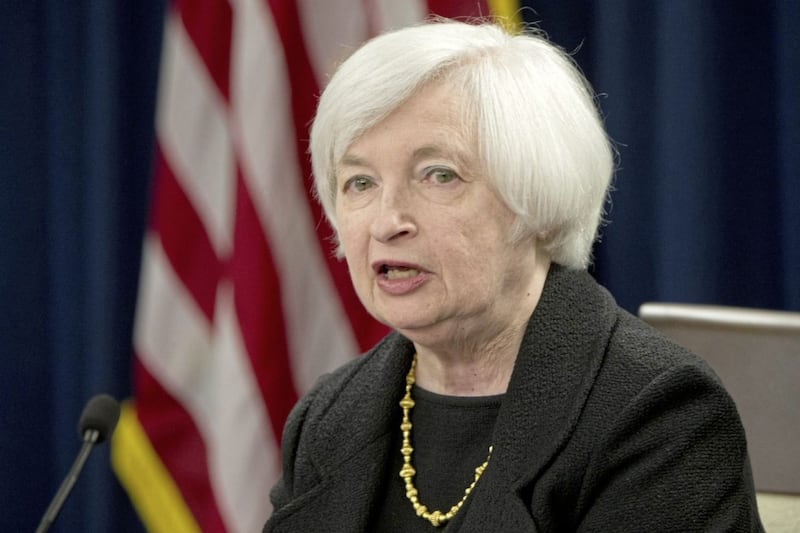Growing signs that the UK may be heading for a ‘hard’ Brexit, which would see it lose access to the EU single market, triggered a fresh wave of sterling selling in the past week. This has seen the pound fall below $1.23 and on occasion the euro climb above 90p. Indeed, in a short ‘flash crash’ episode, driven by computer-trading on Thursday night, the pound dived below $1.15 and the euro hit 94p.
We have been warning since the start of the year that cable could drop below $1.25 and the euro hit 90p if a ‘hard’ Brexit became likely. We are now at these levels and the pressure remains on sterling. It now looks to be moving into a 90-94p trading range against the euro, with the pound moving into a $1.18-1.24 range against the dollar, levels seen only once before, for a brief period in 1984-85.
In 1967, following a 14 per cent devaluation of sterling, then-Prime Minister Harold Wilson told voters that 'nothing much has happened to the pound in your pocket’.
The UK authorities’ very relaxed attitude to the current Brexit-related sharp fall in sterling risks repeating Wilson’s mistake of playing down the economic damage this can cause.
The UK’s experience with previous sharp sterling falls highlights that such episodes have not helped to rebalance the economy. The UK has continued to run large balance of payments deficits in recent decades, despite major bouts of sterling weakness. Rather, sharp sterling falls tend to be followed by a marked rise in inflation and declining living standards.
Meanwhile, further downside risks for the economy lie ahead if the substantial capital in inflows that are required to finance the UK’s large current account deficit begin to dry up on Brexit concerns, as seems likely. Domestic policy could have to be tightened in such circumstances to avoid a full-blown sterling crisis.
In week ahead, the schedule of releases in relatively light. However, US retail sales will attract plenty of attention, given that they pointed to an slowdown in the key consumer side of the US economy in July/August. While sales are anticipated to improve in September, expected monthly growth of 0.6 per cent would still only be consistent with an increase of around 0.6 per cent in the third quarter. This compares to quarter two's robust 1.5 per cent rise. Nonetheless, the Michigan measure of consumer confidence has remained at a very healthy level in recent months, and it is anticipated to have improved in October.
In terms of US monetary policy, the FOMC September meeting minutes are due. The meeting statement, projections and press-conference all pointed to an interest rate hike before year end. However, they also suggested a slower pace of tightening in the coming years. Markets will be looking to the minutes for indications as to why the Fed has adopted a more cautious stance, as well as the degree of support for it amongst the Committee members. A speech from Fed Chair Yellen on Friday will also be closely followed.
In the eurozone, industrial production data for August is the main release of note. Last week’s data for Germany, France and Spain suggested that we could see a 2 per cent-plus rebound in the month, following July’s over 1 per cent fall. Year-on-year growth should also move back up into positive territory. The calendar also includes some early indicators of activity in October, with the German ZEW and Sentix indices both due.
The schedule of releases in the UK is particularly light this week. Indeed, the main release of note is the RICS house price survey for September. In Ireland, Budget 2017 will be announced today. Indications are that we could see some modest increases in spending, while changes to personal taxation are likely to be small. The Government is expected, though, to announce measures to deal with difficulties faced by first-time home buyers. Some supports for businesses which will be negatively impacted by Brexit are also seen as likely.







